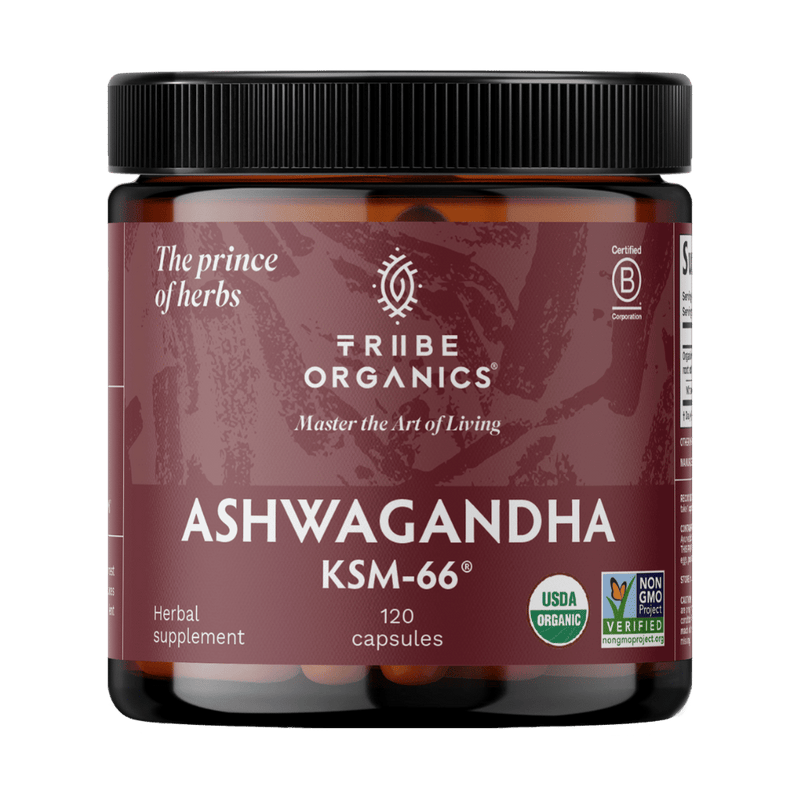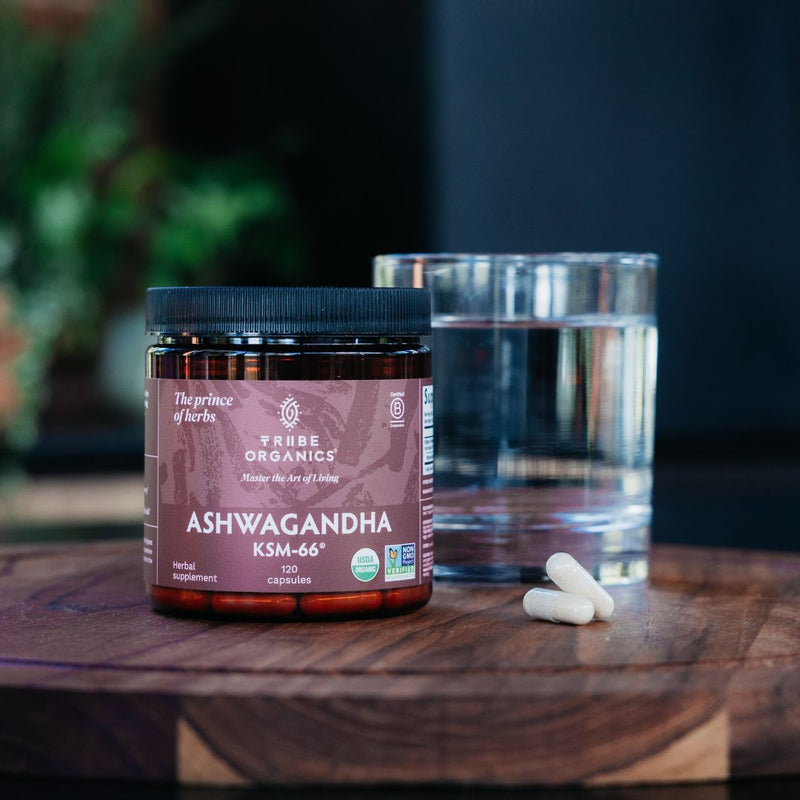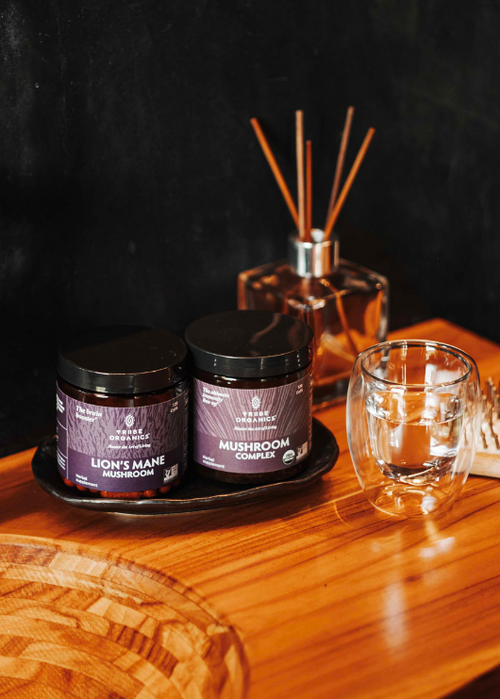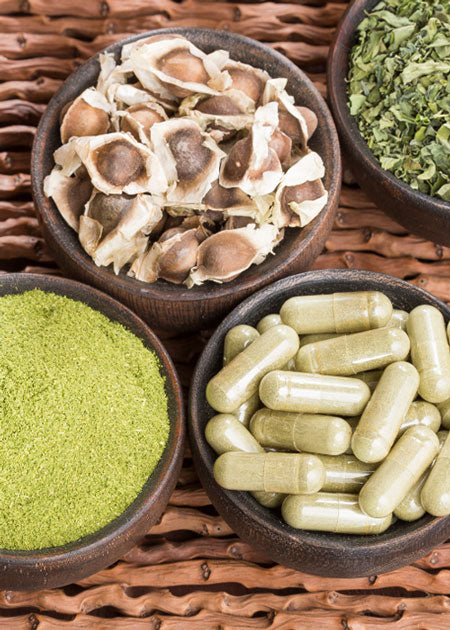The sneezing, coughing, and congestion never seem to end. With every new season, pollens and blooms can send you reeling. They can be the debilitating cause of work loss and suffering.
There are countless options for prescription and over-the-counter (OTC) “cures” for allergies. Different active ingredients relieve different symptoms for different periods of time. It can feel overwhelming to make the right choice to reduce your allergy issues.
If only there were a simpler solution!
Turmeric might be the natural answer you’ve been looking for.

How Turmeric Helps with Allergies
If you’re an allergy sufferer, here’s what you need to know about Turmeric.
First, a mini-science lesson on how turmeric works to stop allergic reactions. Curcumin is a polyphenolic phytochemical and an active ingredient in turmeric.
Histamines are chemicals released by the immune system. Histamine release causes sneezing and coughing to expel unwanted invaders, like pollen. Turmeric's Curcumin can prevent histamines from being released by the immune system.
This makes Turmeric a more natural choice of treatment for allergies. Pharmaceutical allergy treatments also block histamines from surging in response to allergens. Yet, prescription and OTC antihistamines don’t work for everyone. They can also have adverse side effects, like drowsiness.
How to Use Turmeric to Treat Allergies
Because turmeric is both a spice and medicinal herb, there are options for consuming it. Keep in mind that you want to track your daily intake. Like anything else, turmeric in excess isn’t good for you. Staying around 1.4 mg of Curcumin per pound of body weight is the ideal amount.
Food Consumption
Turmeric is a delicious addition to most meals. You can add to main dishes, salads, smoothies, or teas to increase your intake. Just be sure to consider the total amounts of curcumin if you’re eating or drinking it throughout the day.
Turmeric Tea
It’s as simple as heating water, then stirring in your turmeric powder and a half teaspoon of black pepper. For taste, you can add honey and lemon. Drink two glasses a day to keep allergy symptoms away!
Turmeric Milk
If tea isn’t, well, your cup of tea, turmeric milk might be. Mixing turmeric into the milk of your choice - dairy, oat, or coconut - is a relaxing way to end your day. Simply warm milk in a pan and stir in your turmeric.
Adding local honey and ginger are great additions to Turmeric milk. Both have anti-allergy properties to enhance results. Always add black pepper to boost the absorption of Curcumin.

Turmeric Water
If you want a quick and easy concoction, try turmeric water. It’s as easy as adding your Turmeric to water, stir, sip, and you’re done! As with the other suggestions, you can add a little lemon or honey to improve the flavor.
But that's not all!
Up to this point, the focus has been on nasal or sinus allergy symptoms. What you might not know is that turmeric can also help with other allergy symptoms. It might also be your best friend for relieving allergies.
Treatment for Skin Allergies
Curcumin in turmeric has been shown to relieve skin itching and irritation. Because Curcumin has anti-inflammatory properties, it can even reduce eczema symptoms. Make a quick paste to help reduce itching, redness, or irritation.
Combine one-third tablespoon of turmeric powder and one-third tablespoon of aloe vera gel. Rub gently onto affected areas and allow to dry. Then, rinse with cool water and pat dry. This should relieve symptoms. Turmeric’s bright yellow color may stain skin briefly. No worries, the staining is temporary and will quickly fade.
Relief for Fido
Did you know that Turmeric is also great for dogs? There have been many studies examining the effects of Curcumin on your pet’s allergies. Often, the only choice for treating dogs with allergies is corticosteroids. Just like in human use, steroids can have dangerous, unwanted side effects in dogs.
Using Turmeric has been shown in studies to reduce the symptoms of allergies in dogs. The recommended dosage for dogs is 15mg-20mg per pound of body weight per day.
For best results, split the dose over three small meals as Curcumin exits the body quickly. Of course, check with your veterinarian before changing your dog’s ongoing treatment!
A Natural Remedy
We are fortunate to live in a time of medical choices. When it comes to treating allergies, pharmaceuticals are often the first choice. But, these medicines can come with unwanted side effects or limited effectiveness.
Turmeric is a natural remedy for nasty allergy symptoms. It has limited side effects and has options that don’t include one more pill in your daily regimen. It can help your pet with their allergy problems and can end the need for dangerous steroids.
Overall, turmeric is a less expensive, less invasive option for the whole family. Try tackling your woes with turmeric this allergy season!
Shop best sellers
Explore our collection of favorite items that have gained popularity for their quality and satisfaction.






















